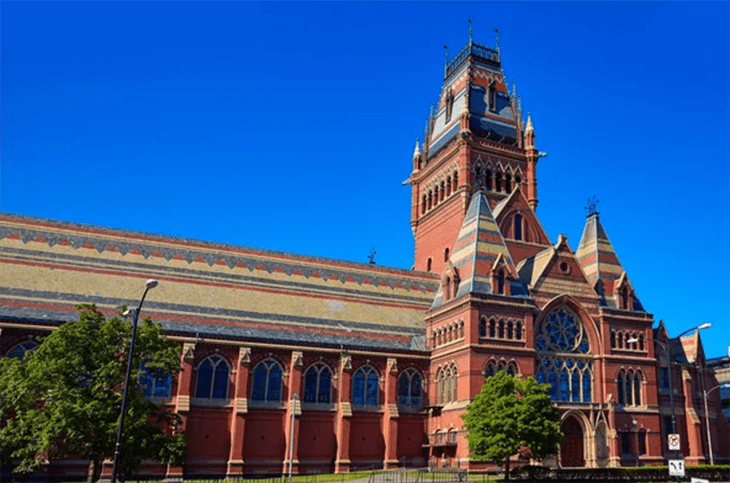

In a transformative step towards increasing access to higher education, Harvard College has announced a major expansion to its financial aid policy, beginning in the fall of 2025. The new policy will provide a completely cost-free undergraduate experience—including tuition, housing, and other essentials—for students from families earning $100,000 or less annually.
For families making up to $200,000, tuition will be fully covered, with additional aid available to assist with other expenses depending on individual financial need.
This announcement marks a significant milestone in the university’s long-standing commitment to making an Ivy League education attainable for all qualified students, regardless of their financial background.
The latest changes to Harvard’s financial aid model mean that approximately 86% of U.S. families will now be eligible for some form of financial support through the College. This sweeping update is expected to greatly expand the socioeconomic diversity of Harvard’s student body, further enriching the intellectual and cultural environment on campus.
“Harvard has long sought to open our doors to the most talented students, no matter their financial circumstances,” said Dean Hopi Hoekstra, underscoring the school’s drive to support merit over means.
For families earning $100,000 or less, all billed college costs will be covered. This includes tuition, room and board, food, health insurance, and even travel costs, making Harvard effectively a full-ride scholarship for low-income students.
Additionally, these students will receive two financial grants designed to ease transitions during their college journey: a $2,000 start-up grant in their first year and a $2,000 launch grant during junior year. These grants are intended to cover expenses related to settling in at college and preparing for life after graduation, such as internships, job interviews, or graduate school applications.
“Putting Harvard within financial reach for more individuals widens the array of backgrounds, experiences, and perspectives that all of our students encounter, fostering their intellectual and personal growth,” said University President Alan M. Garber.
Even families with annual incomes up to $200,000 will now be eligible for full tuition coverage. Depending on their financial circumstances—such as family size, number of children in college, or medical expenses—many of these families will also qualify for assistance with additional costs.
“We know the most talented students come from different socioeconomic backgrounds and experiences, from every state and around the globe,” said William R. Fitzsimmons, Harvard College’s dean of admissions and financial aid. “This new initiative helps ensure that those students see Harvard as an attainable option.”
This change builds on a broader legacy of increasing affordability at Harvard. In 2004, the university launched the Harvard Financial Aid Initiative, which originally offered full tuition, food, and housing to families earning $40,000 or less per year.
Over the years, the income threshold has steadily increased—rising from $60,000 in 2006 to $85,000 in 2023—reflecting both inflation and growing recognition of financial pressures on middle-class families.
In 2007, Harvard made another bold move by eliminating loans from its financial aid packages. Instead of burdening students with debt, all assistance has since been offered in the form of grants. The university also stopped considering home equity in its financial aid calculations, making the aid system more fair and accurate.
Since the beginning of its modern financial aid initiative, Harvard has awarded over $3.6 billion in undergraduate financial support. For the 2023-2024 academic year alone, the university allocated $275 million toward financial aid. Currently, 55% of undergraduates receive some form of financial aid, with their families paying an average of just $15,700.
Harvard’s financial aid staff work directly with families to tailor each aid package to their unique situation, offering a personalized approach that removes the typical complexity and stress associated with college affordability.
“By bringing people of outstanding promise together to learn with and from one another, we truly realize the tremendous potential of the University,” Garber added, reflecting the deeper mission behind the initiative.
Harvard’s expansion of financial aid is more than a policy shift—it’s a statement of values. By removing financial barriers for the vast majority of American families, the university is reaffirming its belief that talent, not income, should determine a student’s future.
As more institutions grapple with the rising cost of higher education, Harvard’s bold move could serve as a model—and a challenge—to other elite universities to follow suit in the mission to democratize education.
What are your thoughts? Please comment below and share this news!
True Activist / Report a typo







